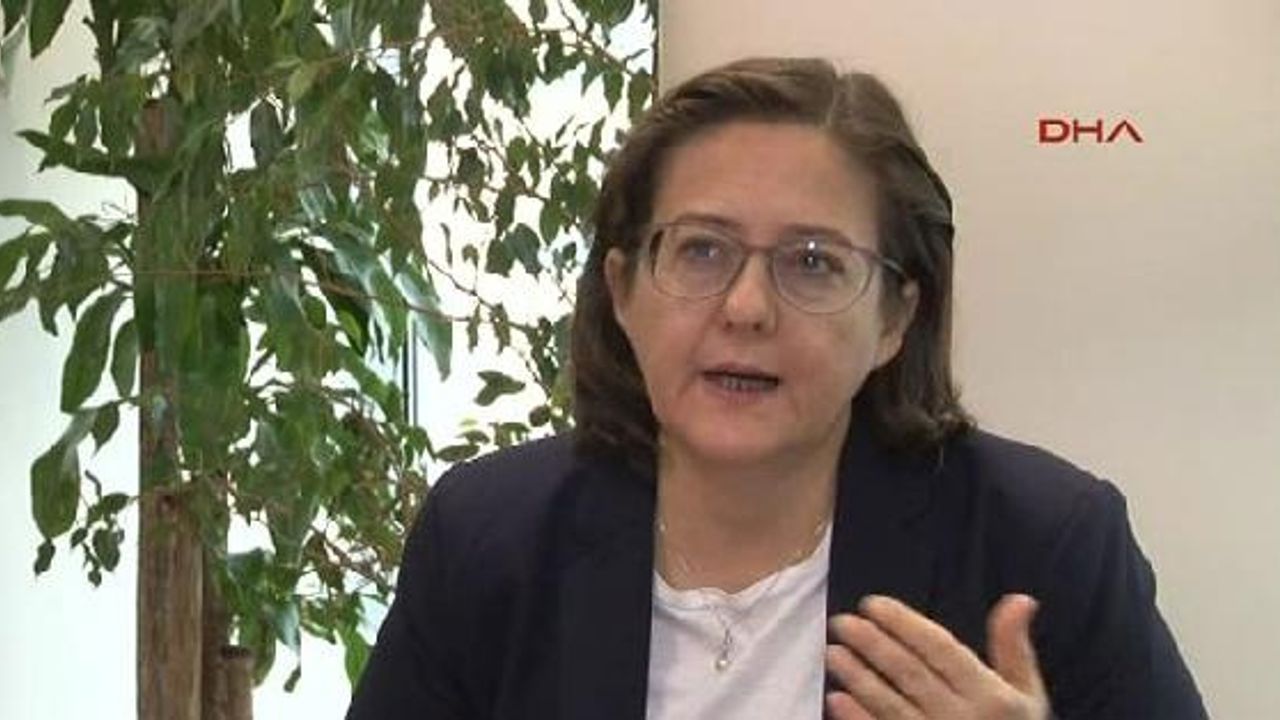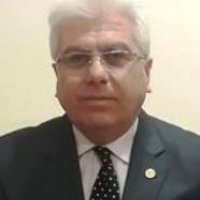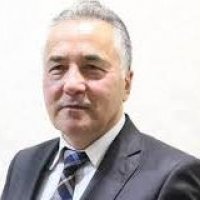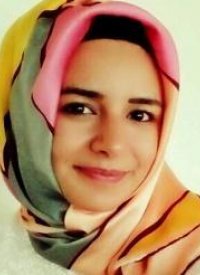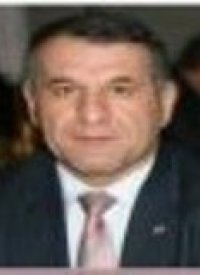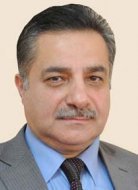Öykü Altuntaş - Yaşar Kaçmaz / Istanbul, Nov 11 () –Power struggles in Turkish politics should not backslide principles such as freedom of expression, in order to accelerate the European Union (EU) accession process, urged Economic Development Foundation (IKV) Secretary General Çiğdem Nas, following the delayed EU progress report announced on Nov. 10.
Turkey should recover its perception as a country “outside of the EU standards regarding freedom of press and expression” and lay bare its persistence for the EU goal, in a bid to step up the EU talks, said Çiğdem Nas, having spoken to Doğan News Agency.
Nas also voiced that the broad authority offered to police officers should be under the judicial control, with the object in mind.
The European Commission has slammed Turkey over rule of law and free speech, in a crucial EU report that Brussels has held back until after Nov. 1 elections. “The report emphasizes an overall negative trend in the respect for the rule of law and fundamental rights” the progress report has urged.
İKV Secretary General told that she agreed these stances, calling on for a reform process with respect to decisions of the European Court of Human Rights, in a bid to remove these headlines from the forthcoming progress reports.
“The internal security law gives police a free hand; those powers should be under the judicial review. It is crucial to assure tolerance against criticism and internet freedom, while hindering a level of insult and expressions encouraging violence” Nas said, reminding the upsurge in detainments over online activities, posts on social media.
On the other hand, “Above all, this is a problem of mentality in general, regarding how human rights and fundamental freedoms are approached in Turkey” Nas told.
“EU has avoided beclouding cooperation with a critical report”
İKV Chief also touched on the delay of the EU progress report, postponed until after the crucial general elections.
According to Çiğdem Nas, the postponement stemmed from the necessity of cooperation with Turkey, in order to tackle the migrant flow from Syria in particular. “The EU did not want to obstruct the cooperation with Turkey with a critical report” she said.
On the other hand, Nas did not uphold the claims that an EU progress report announced before the elections would change the course of poll’s outcome, as “those elections had its own unique dynamics in itself”.
“The European Parliament has also slammed the postponement of the report’s release date. The decision was not a right step to be taken, in principle; it was rather a tactical step” she said.
İKV Chief reminded Turkey’s “road map” having been launched with the readmission agreement and visa liberalization process.
“Turkey will have to review the legal rights of migrants in a new perspective, assure the control of irregular flow of migrants and provide better conditions for migrants hosted in the country. A new term is upcoming for Turkey, as the country will face issues such as the necessity of a more efficient fight with migrant smuggling and efforts for strengthening the borders, increasing the administrative capacity, within the cooperation with the EU” she underlined.
“The government should treat the reform process in a holistic view”
The snap elections have given back the Justice and Development Party (AKP) its parliamentary majority.
Will the new government to be formed change the perception that EU has been steering itself away from Turkey?
According to Çiğdem Nas, concerns over fundamental rights and freedoms remain, thus resuming determination to enkindle the enlarged EU strategy, communication, reform and programme for alignment with the acquis, which have been set forth by the government in 2014, would be an advantage.
“On the other hand, the violations against freedom of press and expression, along with the internal security law should not paint an ambivalent picture” urged Nas.
In this regard, not only the Ministry of EU, but also the Interior Ministry and Ministry of Justice, the entire government should treat the reform process in a “holistic view”, Nas added.
Shift in methodology over 18. progress report
The report announced on Nov. 10 has “opened up an opportunity” to carry relations with the EU to a different level, according to Nas.
In this regard, the statement of EU Commissioner for European Neighborhood Policy and Enlargement Negotiations, Johannes Hahn, stressing the EU had a perspective going beyond the “migrant crisis” within relations with Turkey matters, as it also takes into account other issues like energy and foreign security, she told.
According to the IKV Chief, the 18. progress report also pointed to a shift in methodology, as the report included systematical evaluations rather than descriptive, along with concrete suggestions, easing measurement of the process. The IKV emphasized they observed that the Commission has given ear to calls of the Foundation, which has urged “reports have been losing its efficiency”.
On the other hand, the EU-Turkey relations include a paradox, according to Nas.
Nas underlined the necessity of laying cards on the table with respect to “the ultimate target” which is assuring EU membership.
“The EU does not have the capacity to integrate Turkey either; they fail to introduce this perspective as they tackle with their internal crisis. If a country’s prime minister could say ‘I do not support Turkey’s membership to EU’, while progress reports are announced, this means to give conflicting messages, which eliminates one another” stressed Nas.
“Settlement of Cyprus issue would accelerate talks”
According to the İKV, due to the “Cyprus issue”, the 23rd [Judicial and Fundamental Rights] and 24th [Justice, Freedom, Security] chapters have been hanging in the balance.
“Turkey would also have the right on its side, if the EU’s policies remain ambivalent” she said and added:
“Cyprus has blocked six other chapters in 2009, while due to another decision announced in 2006, no chapters have been allowed to be closed, temporarily. The Cyprus problem is crucial; to solve the issue would speed up the talks”.
A challenge that Turkey has been facing stems from “privileged partnership” solution rather than membership, offered by certain countries.
As a new term begins with a new government, time will show if the calls of the IKV will find an answer, urging Turkey has been counted as one of the “semi-free countries” in several indexes, receiving a blow over media and expression freedom concerns.
(Photo)
